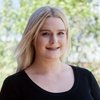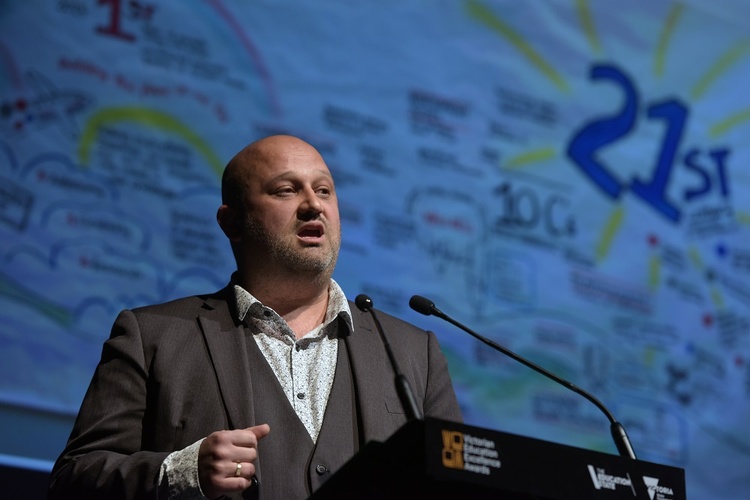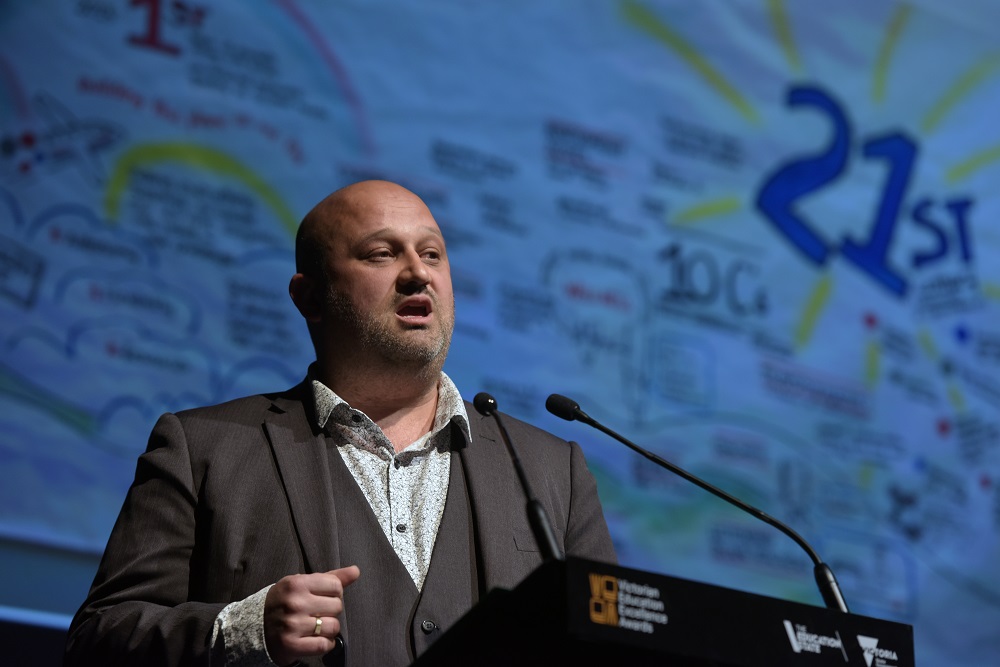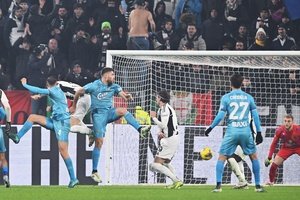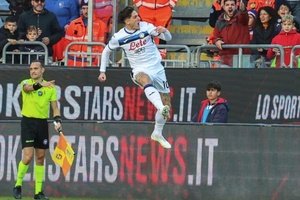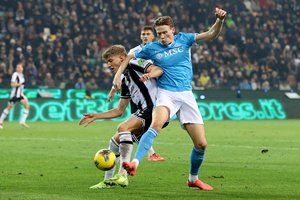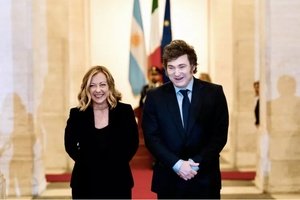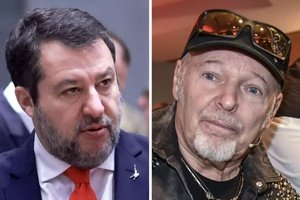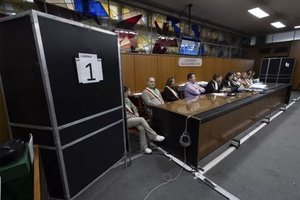The groundbreaking educator currently lectures in Instructional Leadership at the University of Melbourne and works as a consultant, presenting professional learning on behalf of the Graduate School of Education.
With an extensive background in science, Sbaglia has been employed as a STEM specialist teacher by the Victorian Curriculum and Assessment Authority (VCAA) and has led major curriculum and pedagogy changes in both primary and secondary schools.
He is also responsible for bringing TEDx talks to Bendigo.
Sbaglia was awarded the title of Outstanding Secondary Teacher for 2015 at the Victorian Education Excellence Awards for his innovative work in personalised learning.
Born to a father hailing from the Calabrian town of Laureana di Borrello and a mother with Serbian heritage, Sbaglia spent nine months in Perugia to work on his PhD in medicinal chemistry and completed post-doctoral study in Florence.
Having worked in the field as a scientist before entering the education sector, he realised there was a considerable disconnect between what was being traditionally taught in a science classroom and what science actually was.
Sbaglia believes more emphasis should be placed on not just knowing information, but learning how to use it in a practical context.
“Knowing facts is becoming less important; it’s about being able to look at information critically and determine its importance and how valid it might be,” he said.
“We’re flooded with information now and you can look up a fact very quickly on a phone, but you can’t outsource thinking.
“I think that concept applies across the whole curriculum, not just science.”
Sbaglia added that education should be a balance of learning knowledge and acquiring skills to apply that knowledge.
“Certain concepts are really important to understand and you don’t just learn them by osmosis or chance,” he said.
“It’s about looking at the curriculum and determining the critical content that needs to be taught.”
This concept and other innovative ideas – such as team teaching, personalised learning, digital learning and open-plan classrooms – came to life in Sbaglia’s most cited work to date: the revamping of the mathematics course for Years 7 to 9 at Crusoe Secondary College, in Bendigo.
His classroom looked slightly different from the traditional image of rows of desks and students with heads buried in textbooks.
Instead, it consisted of three maths classes working together in a flexible and open space, facilitated by three teachers.
In each lesson, students could work at one of three levels, with one teacher assigned to guiding learning at each level.
“We allowed students to choose the level at which they would engage in a particular maths topic,” Sbaglia said.
“You’re not learning if the task is too hard, or if it’s too easy; if the task is just right, that’s when learning occurs.
“Everyone who I’d describe this process to assumed the kids would all choose the easy option.
“In fact, the opposite happened; the kids were overestimating their abilities.
“It was an interesting experience and very challenging to get teachers to put their trust in students making the right decision for themselves.”
Students from all three classes worked together in the same space, regardless of the level they chose to work at.
“This gave them the possibility to learn from each other,” Sbaglia said.
Rather than banning the mobile phones that teenagers inevitably bring to school, Sbaglia also recognised their potential as a learning tool.
In his classes, students used them to photograph their work and document it on a blog, as well as following QR codes to videos explaining different tasks.
By allowing students to “choose their own adventure”, the strategy placed them at the centre of their learning.
“It didn’t replace the teacher but it gave students more autonomy,” Sbaglia said.
“It also helped the teachers to be across all of the different tasks so they knew what was expected of students.”
While there were occasions when students would use their phones for reasons other than learning, Sbaglia said those students would have likely misbehaved in other ways if the devices were banned.
“We didn’t mandate the use of mobile phones and you didn’t have to have one to be able to do the work,” he added.
“It comes down to knowing how to use technology so that it can add value without being a prerequisite for students to engage in the work.
“That’s how adults use technology in our lives; we choose how we use technology to benefit ourselves.”
Sbaglia’s initiative at Crusoe Secondary College proved to be a resounding success, reflected in subsequent NAPLAN results.
“We saw a big increase in the growth that students achieved between Year 7 and Year 9 as a result of the program,” he said.
“There’s a lot more flexibility in how we teach than what we think; the critical part is understanding how we measure success.”
Sbaglia believes that the concept of team teaching should be introduced in more educational settings and across all disciplines, from science to languages.
“When we designed the system where one teacher stands up in front of 30 kids, we had very different expectations of education,” he said.
“There wasn’t the accountability that we expect of teachers now that every student is catered for.”
Sbaglia added that team teaching could also promote an interdisciplinary approach in schools, showing students the relevance of particular topics to broader contexts.
“For example, a language teacher could create a task that takes advantage of the expertise of a history teacher, if there’s the opportunity to combine the subjects authentically,” he said.
“It’s important as educators that we show students that learning is not neatly divided up into subject areas.
“We know this as adults and school should reflect real life.
“I suggest that teachers look at the curriculum to become familiar with different subject areas and understand where they overlap.
“Also, communicate with other teachers; if you can see what others are teaching, you’re more likely to be able to find opportunities to collaborate.”
Sbaglia called for more cooperation and collaboration at all levels of the school community to provide deeper and more meaningful learning experiences tailored to students’ individual needs.
“Everyone in education, from teachers to parents and principals, has to have a common understanding of where we’re going for real change to be made,” he concluded.
“Is education about sorting people into categories for university or producing people who can think and add value to modern society?”
